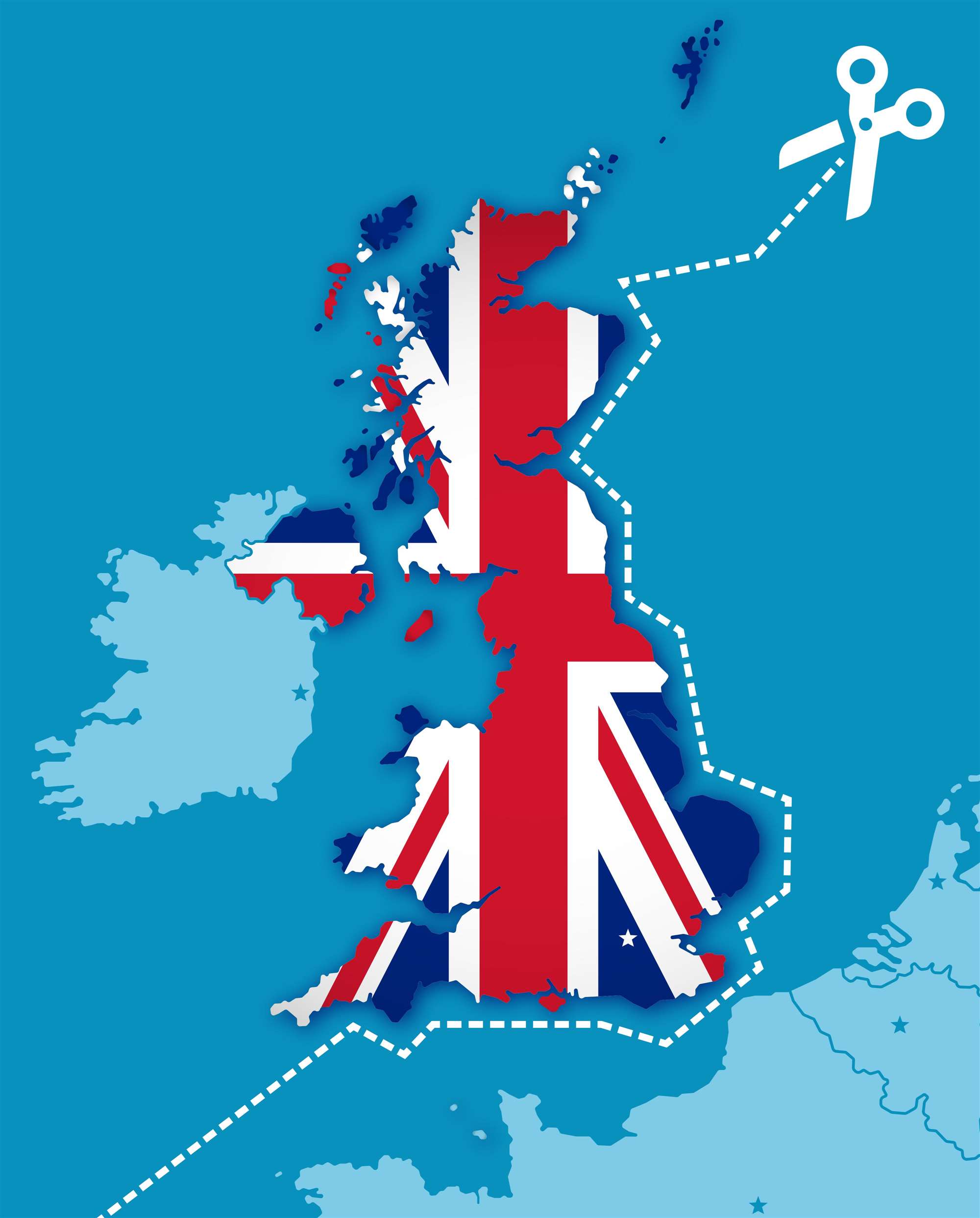There is a growing divide in the modern world between people that do and don’t understand what is driving it, and technologists have a role to play in bridging that gap, says futurist Ben Hammersley.
When Hammersley was in Australia last year, he believed society needed to learn to critique technology and to take a more active role in deciding whether or not to accept its advances.
At the time, Hammersley was experimenting with the Amazon Echo and – after using it a while – was worried about how its lack of manners might rub off on his daughter.
Appearing at the recent Hadoop Summit in San Jose, it was clear Hammersley’s concerns about technology’s impact on society have only elevated.
“We’re living in a time of great political turmoil,” he said, citing Brexit, the lean in many parts of the world to conservative ideology and violence occurring in many parts of the world.
“The reasons for all of this political turmoil are multi-variant. They are caused by many things."
However, he believed one reason was that "our political and social institutions were not built in an era when technology would get so good, so quickly."
“The things we hear [about technological innovation] are amazing but society isn’t equipped to deal with them at the pace they’re coming," he said.
Though Hammersley sees technology as one of the fundamental drivers behind the growth of the modern world, he sees a growing split between those who understand its mechanics and those who don’t.
Political upheaval and violence, he believes, may be interlinked with this divide: an extreme reaction to this growing knowledge gap.
“Every new technology today is a fundamentally political act,” Hammersley said.
“The next big thing is the thing that’s going to be imposed on the rest of society and that is going to cause an issue.
“What we’re seeing around the world with these huge political upheavals isn’t so much a thought-through, inherently considered, deeply debated, learned conversation about the next steps for our nations. It’s an almost violent reaction to the modern world.
“When you have a country or a world that is really split down the middle between the people who understand the modern world, how it works at a fundamental level, and people who don’t, then inevitably we’re going to have some form of social split, with all of its attending consequences.
“With all of the social [and political] upheaval being driven by the uncertainties of the modern world, the very modernity of that modern world is being driven by technology and is therefore being driven by you [as technologists].”
For that reason, Hammersley believed technology professionals had a role to play in helping society understand the direction of rapid technology developments.
“We as technologists have rare skills and powerful understanding of these technologies,” he said.
“It is our responsibility to act as translators, to explain to the rest of the world precisely what is going on, what these tools mean, what they can actually do, what they might be able to do, and what they definitely can’t do.
“We have to act as guides to the rest of the world to show them what this stuff actually means."









